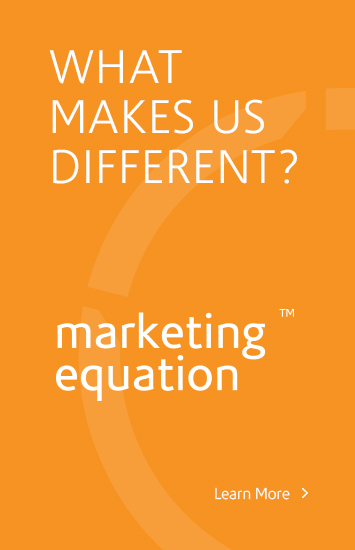Jun 8, 2011
The W3C (World Wide Web Consortium) has made the CSS 2.1 specification official after almost a decade in development.
This is great news for web developers, website owners, and really all Internet users who want fast loading and beautiful websites.
CSS, short for Cascading Style Sheets, gives web designers a standard way to define different visual and layout styles in a standard way, ensuring website visitors have the same experience no matter which browser they use.
The browser wars that started in the late 90’s were not a good time to be a web developer, and were similarly frustrating to web users. Every browser had its own way of doing things, and many websites were designed using specific tools and for specific browsers (like the bane of every web developers existence, the nefarious Front Page and Internet Explorer double whammy). This made many websites feel broken or unusable (like the common problem of online banking working good in one browser but not at all in another).
CSS 2.1 has taken a really long time to come about, partly for good reasons and partly for bad reasons. Daniel Glazman, CSS Working Group Co-chair, explained “CSS 2.1 is a really large collection of formatting features, and we had to not only carefully review and specify all the potential interactions between them, but also learn from existing implementations and of course tests. Time ensured quality and interoperability.” Completely valid and understandable. The bad reasons? Companies that didn’t play well with the other children (most notably Microsoft, which used it’s near monopoly status with Internet Explorer to fight standards by not honoring them, diluting them with their own proprietary hacks, and repeatedly releasing unpredictable and incompatible browser versions).
CSS 2.1 (and in the future CSS 3.x, which is filled with incredible new features and hopefully doesn’t take another 10 years) herald in a great day for the web. The best thing you can do to help it is to choose a browser that supports these standards, such as Firefox, Chrome, or Safari. Notably absent from the list: Internet Explorer (the bane of my existence).

